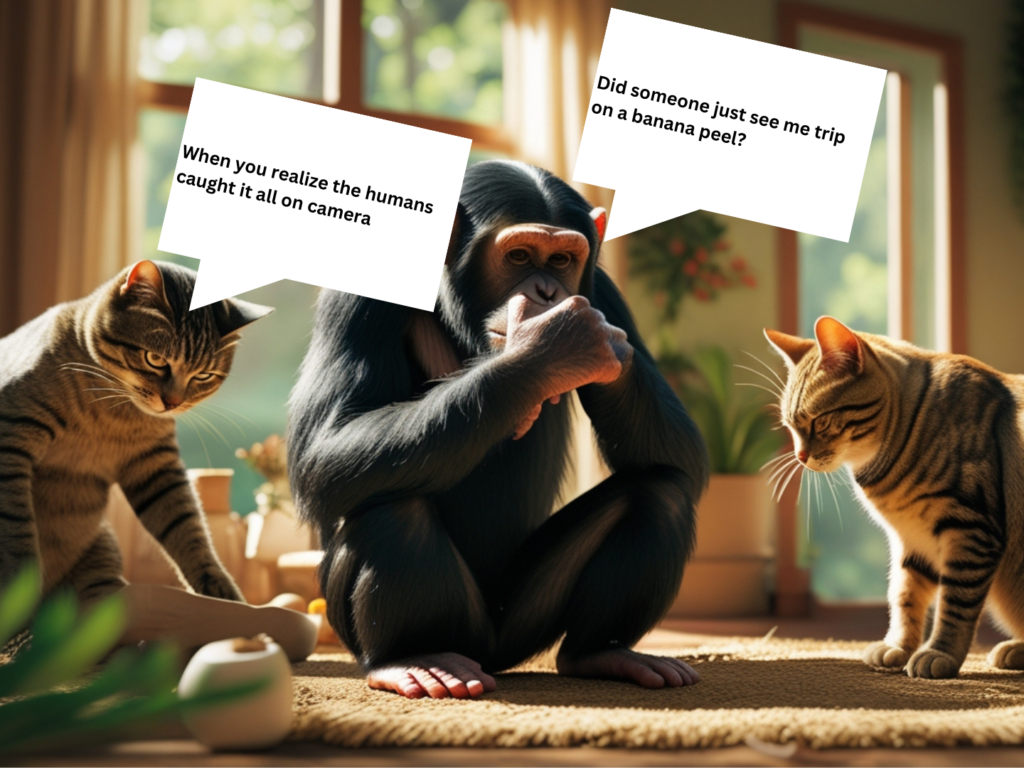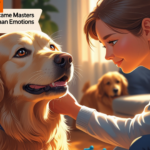Have you ever scolded your dog and noticed it slinking away with its head down or its tail tucked between its legs? Maybe you’ve seen a chimpanzee cover its face with its hands after making a mistake. Moments like these might make you wonder: do animals get embarrassed? While embarrassment is a complex emotion that’s hard to measure, scientists and animal lovers alike have been studying this question to uncover fascinating insights about the emotional lives of animals.
What Is Embarrassment?
Embarrassment is a social emotion. It often occurs when someone makes a mistake, feels out of place, or believes others are judging them. For humans, it’s tied to self-awareness and the ability to imagine what others are thinking. We blush, avoid eye contact, or nervously laugh when we’re embarrassed. But do animals experience anything similar?
To answer that, let’s break it down. Scientists believe that emotions can be grouped into two categories: primary emotions like happiness, fear, or anger, and secondary emotions like shame, guilt, or embarrassment. Primary emotions are universal across all animals with brains, but secondary emotions require higher levels of self-awareness.
Do Animals Have Self-Awareness?
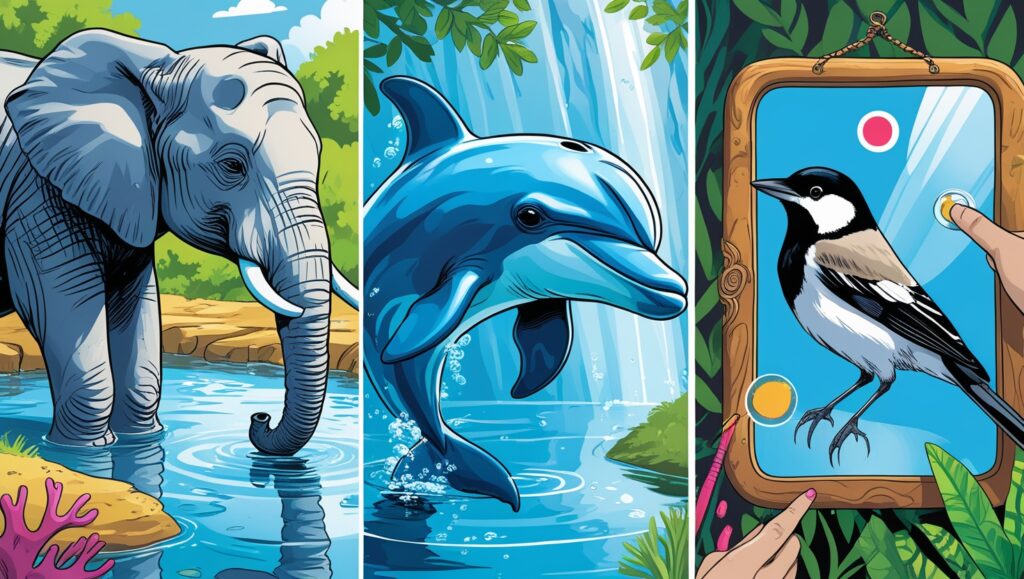
Self-awareness is the ability to recognize oneself as an individual, separate from others. A famous test for self-awareness is the mirror test. If an animal can recognize its reflection as itself, it passes the test. Animals like dolphins, elephants, magpies, and great apes (like chimpanzees) have passed this test, suggesting they might be capable of secondary emotions like embarrassment. However, failing the mirror test doesn’t necessarily mean an animal isn’t self-aware; it might just not understand mirrors!
Fun Fact #1: Elephants will use mirrors to inspect their mouths or remove dirt from their faces, showing they know it’s their own reflection.
Signs of Embarrassment in Animals
While we can’t ask animals if they feel embarrassed, we can look for clues in their behavior:
- Dogs: Dogs often show submissive behaviors like avoiding eye contact, tucking their tails, or slinking away after being scolded. While some people interpret this as guilt or embarrassment, many scientists believe it’s more about fear or appeasement. However, dogs are highly attuned to human emotions and might show behaviors that mirror our expectations.
- Apes: Apes, like chimpanzees, exhibit behaviors that resemble human embarrassment. For example, a chimp might cover its face, avoid others, or even pout when it makes a mistake or becomes the center of unwanted attention. These behaviors suggest they might feel something similar to embarrassment.
- Cats: Cats are often seen as aloof, but even they can show signs of embarrassment. If a cat falls off a table or misjudges a jump, it might quickly groom itself, as if to say, “I meant to do that!” This could be a way of redirecting attention or “recovering” from a perceived blunder.
Fun Fact #2: Parrots, which are incredibly intelligent, have been observed “laughing” at their own mistakes, like dropping food or mispronouncing a word they’ve been taught.
The Role of Social Dynamics
Embarrassment, if it exists in animals, is likely tied to their social lives. Animals that live in groups often rely on cooperation and communication. Mistakes in these settings can affect their standing in the group. For example:
- Wolves: If a wolf missteps during a hunt, it might show submissive behaviors to maintain its place in the pack.
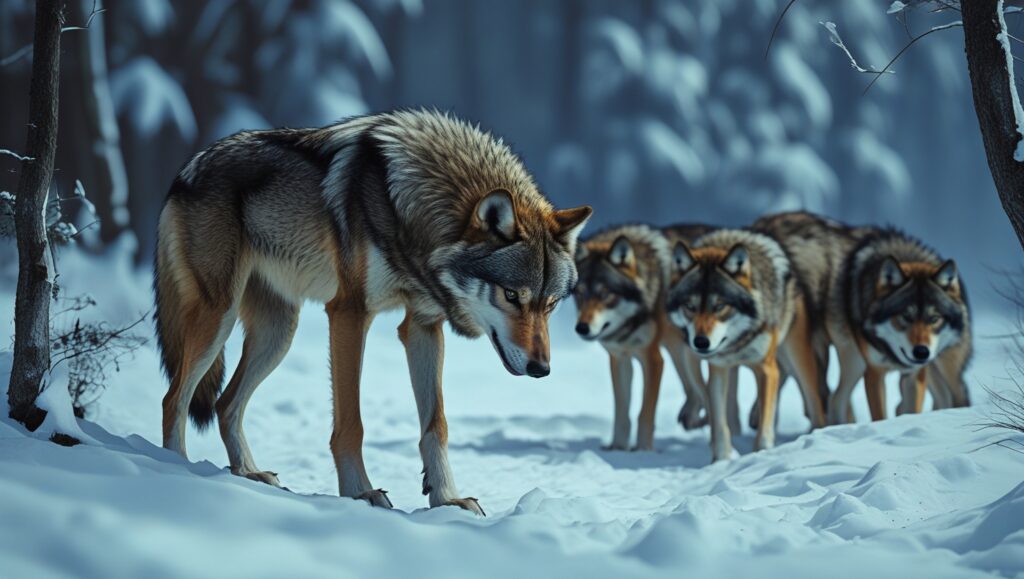
- Dolphins: Dolphins are known for their playful and intelligent nature. They sometimes appear sheepish if a trick or leap doesn’t go as planned, avoiding their pod for a moment before returning.
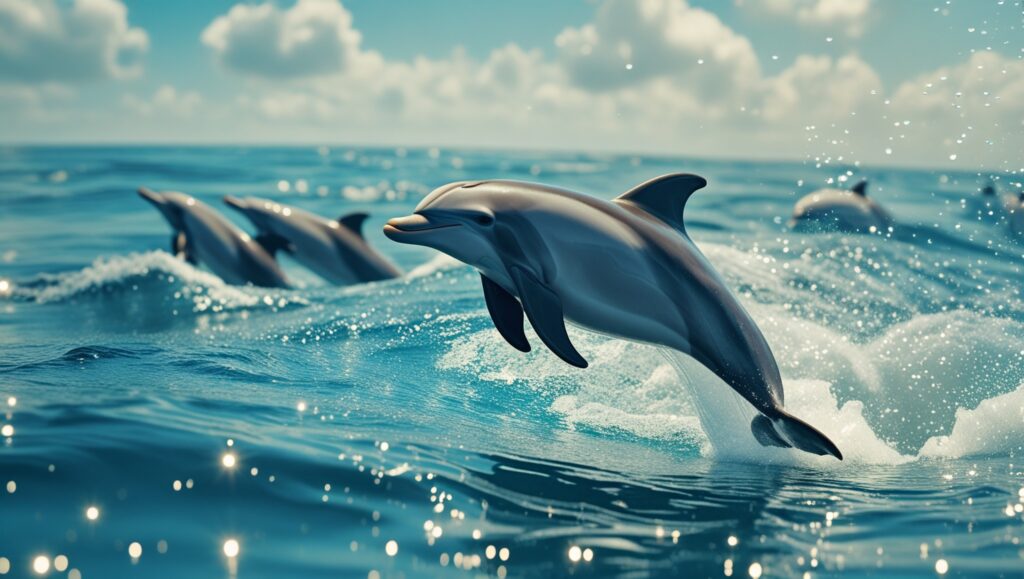
Social animals need to maintain harmony within their groups, and behaviors resembling embarrassment could help repair relationships after a mistake.
Fun Fact #3: Ravens, known for their cunning, will sometimes “hide” when another bird catches them failing to open a tricky food container, almost as if they’re embarrassed.
Can We Truly Know?
The truth is, we may never know for sure if animals feel embarrassment the same way humans do. Their brains and experiences are vastly different from ours. However, many animals exhibit behaviors that are strikingly similar to embarrassment. Whether these behaviors stem from emotions, instincts, or something in between, they remind us of the rich and complex inner lives of animals.
Fun Fact #4: Octopuses, which are highly intelligent, have been known to squirt water at humans when startled or frustrated. Some researchers believe this might be their version of expressing “annoyance” or “regret.”
Why Does This Matter?
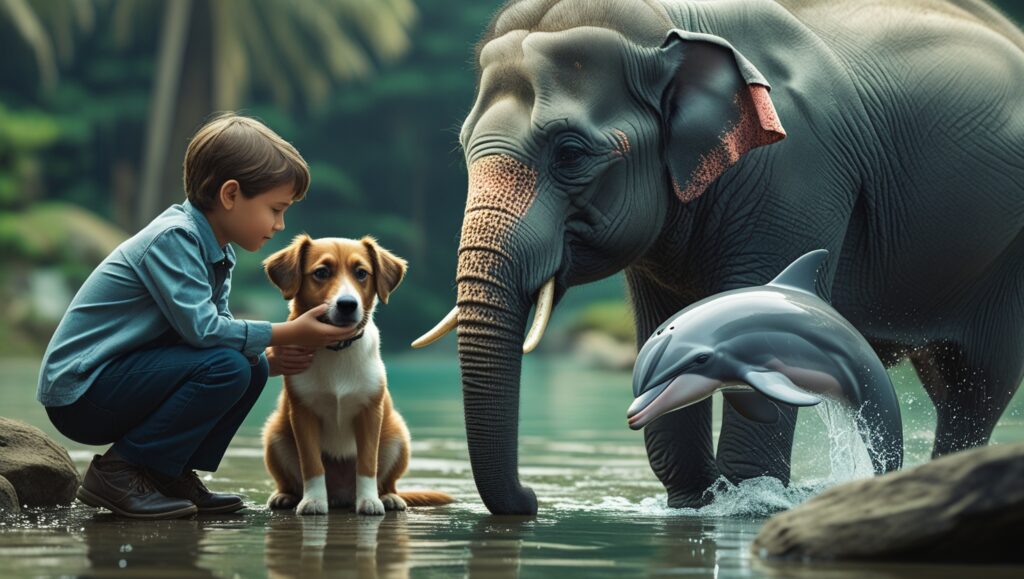
Understanding whether animals feel embarrassment isn’t just an interesting thought experiment. It helps us appreciate the emotional depth of the creatures we share our planet with. If animals experience complex emotions, it reinforces the importance of treating them with respect and kindness.
- Recognizing animal emotions can improve how we train pets, care for livestock, and protect wildlife.
- It also reminds us that we’re not so different from the animals we study.
Fun Fact #5: Rats have been observed “laughing” when tickled, showing that even these small creatures can experience joy and playfulness.
Final Thoughts
So, do animals get embarrassed? The answer is… maybe. While we can’t confirm their emotional experiences, animals often display behaviors that look a lot like embarrassment. Whether it’s a cat’s swift grooming after a clumsy fall or a chimp’s shy retreat, these moments remind us how much we have in common with the animal kingdom. The next time your pet does something silly, give them a little extra love—just in case they’re feeling a little embarrassed!

